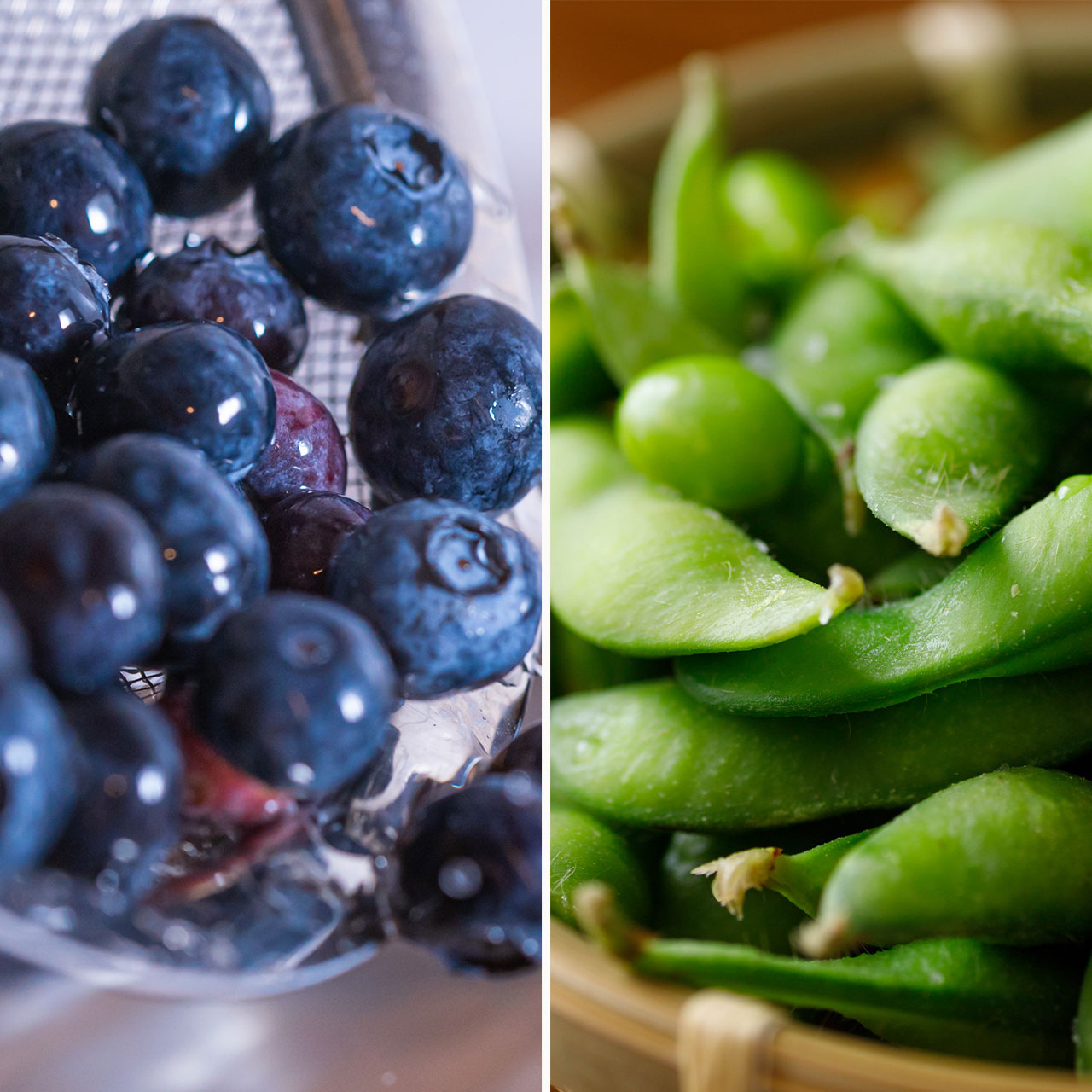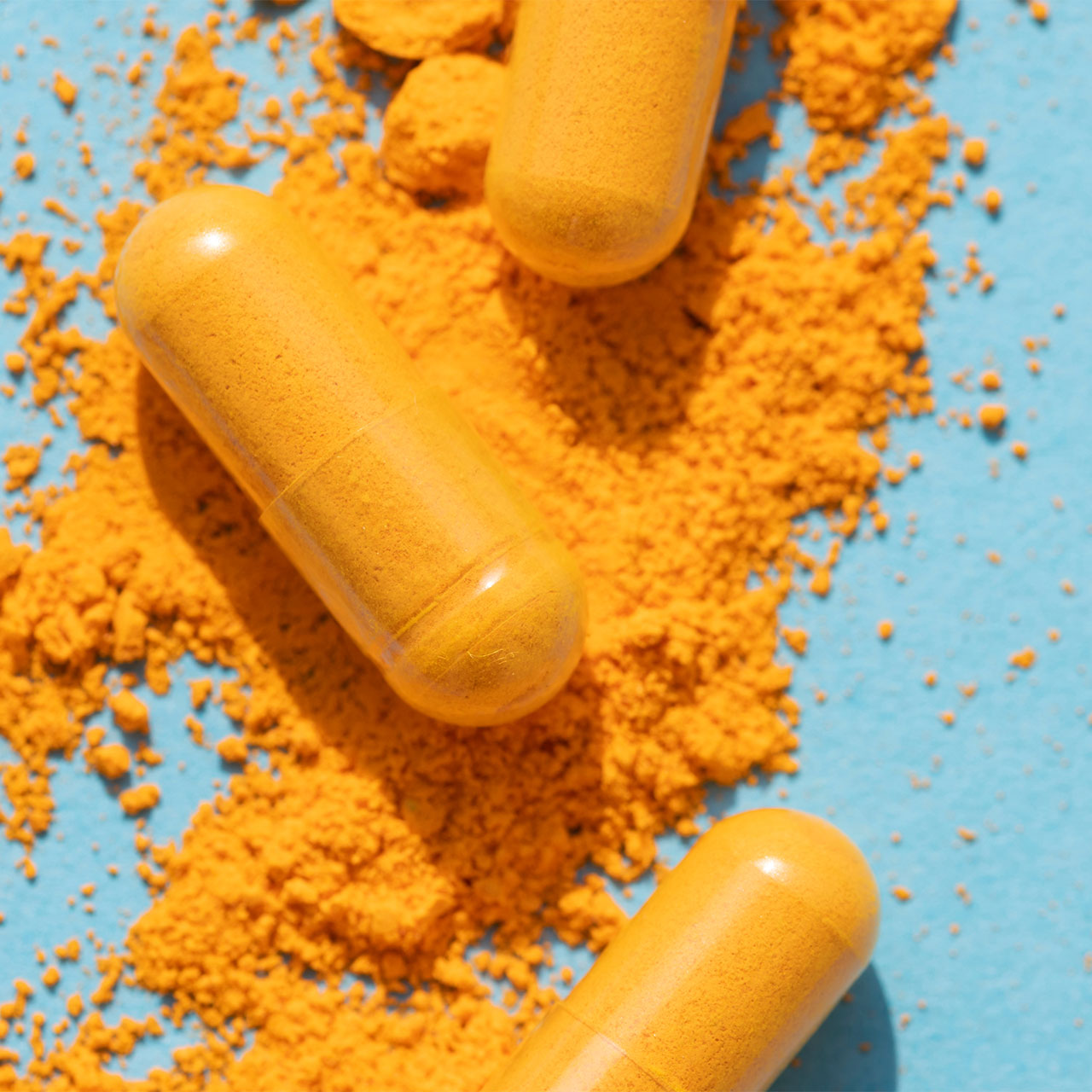This article has been updated since its initial 08/10/22 publish date to include more expert insight.
Although there are health benefits to drinking coffee or tea completely black, this bitter drink is an acquired taste for many. With that said, many of us sweeten our morning beverages with sugars, creamers or other sweeteners. While this doesn’t seem like a big deal in the moment, consuming one type of sweetener every day could wreak havoc on your gut health as you age, experts warn.
We checked in with registered nutritionists, dietitians and other health aficionados to learn more about this one sweetener they recommend avoiding for optimal gut health: refined sugar. Read on for tips, suggestions and insight from Lisa Richards, registered nutritionist and creator of The Candida Diet.


Tip #1— Skip Refined Sugar For A Healthier Gut
Refined sugar, which is commonly called table sugar, Richards says, is a "type of sugar that is harmful for many reasons." This type of sugar is sucrose, she adds, which she explains is "highly inflammatory as well as a food source for bad gut bacteria."
Richards goes on to explain that a diet high in sugar will "feed a Candida overgrowth, and rich in pro-inflammatory ingredients that damage your gut and cause inflammation across your body." She warns that this Candida overgrowth is "just one of the negative effects your body may experience."
One such possible effect is serious disease, such as diabetes. According to Richards, "the longer you eat a diet high in sugar, the more your body comes resistant to insulin's effects of lowering your blood sugar." Over time, that insulin resistance can "inevitably lead to diabetes." Yikes! Luckily, there are healthy alternatives.

#2— Opt For Monk Fruit Sweeteners Instead
If you have a sugar habit, replacing refined sugar with natural sweeteners is one good way to go. For those that need their coffee sweet, Richards suggests monk fruit as "a great option." Monk fruit extract, she notes, contains "some incredible compounds that are 300-400 times sweeter than cane sugar." But, and here’s the real kicker, it’s virtually calorie-free. "That means it won’t affect blood sugar levels, and it won’t rot your teeth," Richards says.
Plus, monk fruit is high in antioxidants. When you choose monk fruit, she adds, you're "not only avoiding inflammatory ingredients in processed sugar, but you are also giving your body anti-inflammatory nutrients." Sounds like a win-win!
READ MORE: This Inflammatory Coffee Ingredient Is Making It So Hard To Lose Weight, According To Experts


























